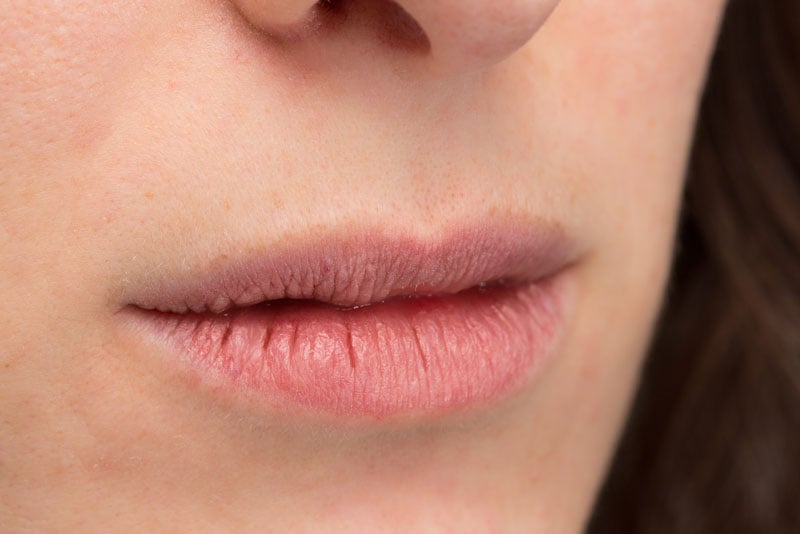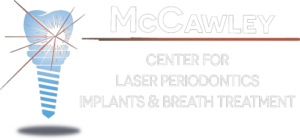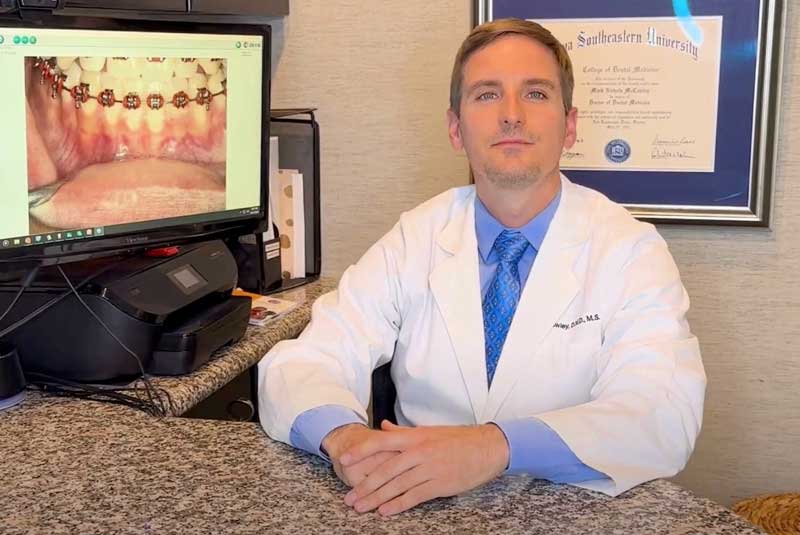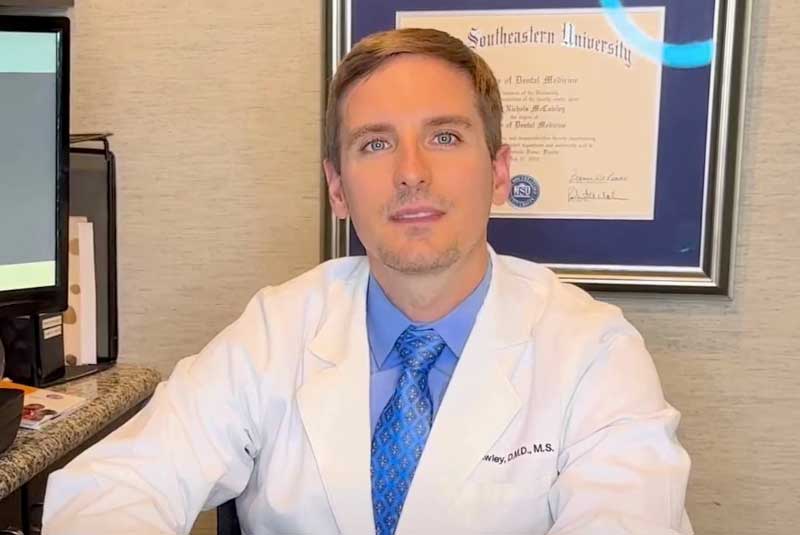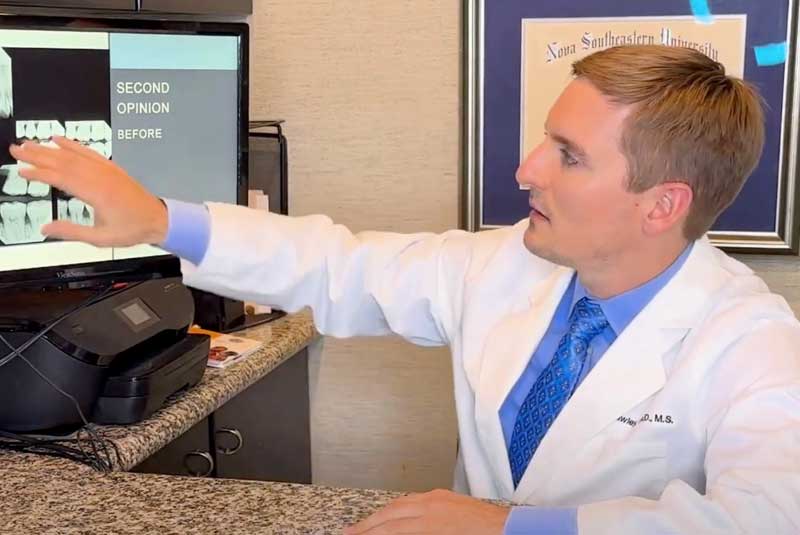Xerostomia. It may sound like a foreign city or faraway planet, but it is actually a name for a very common health condition: dry mouth.
Most of us have experienced bouts of dry mouth from time to time, such as when we are dehydrated after exercise or are suffering with a cold that leaves us unable to breathe normally. However, some people have chronic dry mouth in Fort Lauderdale, FL. Xerostomia can be caused from many different sources, from being induced from medications: such as antidepressants, antihistamines, and decongestants (1), to radiation therapies (2), and even just as a byproduct of aging (3)! Xerostomia may seem like a small side affect to just deal with, but as all knowledgeable dentists know, your mouth is the connection to the rest of your body, and many serious affects can come from this, including gum disease!
How Dry Mouth Fosters Gum Disease
There are many reasons your mouth may dry out, including getting older and taking certain medications, as previously mentioned. Without a constant supply of moisture in the form of saliva, your teeth and gums become breeding grounds for bad bacteria. As the bacteria builds between the teeth and gums, those spaces become infected. Soft and hard tissues are essentially “eaten away”, and gum disease begins to advance.
The Stages of Gum Disease
In its earliest stage, gum disease can be hard to detect unless it causes gum bleeding, redness of the gums or severe bad breath. Usually, it takes an evaluation by a periodontist to determine the level of the disease. Sometimes, patients are unaware that they have the condition until their periodontist explains it!
Left unchecked, gum disease will not go away on its own. At the latter stages if left untreated, it destroys so much bone and soft tissue that the teeth begin to loosen and fall out. Fortunately, this is all preventable if you get an evaluation today to see at what stage your gum disease is at and if you need treatment!
Have a Dry Mouth? Try This!
At the same time, you will want to make efforts to increase the amount of moisture in your mouth. Some of the ways to reduce dry mouth include:
- Joining a smoking cessation program and quitting all types of tobacco products.
- Lowering the amount of sugary foods and drinks you eat and consume.
- Staying hydrated by keeping a bottle of water on hand at all times.
- Asking your primary care physician if your current medications could be contributing to your dry mouth. If so, following up by seeing if there are alternatives.
- Making sure you are staying on top of your daily oral hygiene regimen.
Not Working? Visit a Periodontist!
If you are someone who suffers from dry mouth, or if your loved one suffers from this problem, you will want to get in touch with a periodontist. Even if you do not think you have issues of the mouth, it is a good idea to get the advice from a trained dental provider.
If you are interested in a consultation to assess your dry mouth, contact our office in Fort Lauderdale, FL to schedule an appointment with our doctors, Dr. Tom McCawley and Dr. Mark McCawley, by calling our new patient line at (954) 686-1491. We can work together to determine whether you have gum disease, and on the steps you need to take to treat your chronic problem.
Remember that dry mouth is more than just a slight annoyance. It can lead to lifelong tooth and gum problems. Contact a periodontist today, and set yourself up for a healthier future.
References
-
- (1) Xerostomia – Helping patients with dry mouth, Oral Cancer Foundation, https://oralcancerfoundation.org/complications/xerostomia/
- (2) Dental Health and Dry Mouth, WebMD, https://www.webmd.com/oral-health/guide/dental-health-dry-mouth
- (3) Xerostomia (Dry Mouth), American Dental Association, https://www.ada.org/en/member-center/oral-health-topics/xerostomia

